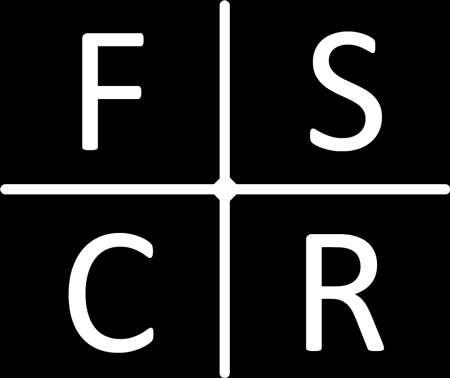
Pre–versus post-exercise protein intake has similar effects on muscular adaptations by B. Schoenfeld, A.Aragon, C.Wilborn, S.Urbina, S.Hayward and J.Krieger in PeerJ (2017).
Abstract: https://peerj.com/articles/2825/
Background
The idea of consuming protein supplementation immediately post-training to optimise muscular adaptations has been around for a long time! It comes from the theory that there is an “anabolic window of opportunity”, which is hypothesised to be approximately 45-60 minutes post-workout (1, 2). It is suggested that consuming protein within this window of opportunity will maximise muscle protein synthesis (rebuilding of muscle tissue) and missing this window will decrease it, reducing your GAINS!
Objective
The purpose of this study was to compare the difference in muscular adaptations when protein supplementation was consumed either immediately pre-workout or post-workout.
Methods
21 males with strength training experience were pair-matched based on bench press and squat strength and then randomly assigned to either a pre-or post-workout protein (25g of protein and 1g of carbohydrate) supplementation group. Both groups performed the same total-body hypertrophy strength training sessions three times a week for ten weeks. Testing for muscular adaptations was performed at the start, halfway through and at the end of the strength training protocol. Maximal strength, muscle thickness and body composition were tested.
Results
There was no significant difference found between pre-workout or post-workout protein supplementation for adaptations in maximal strength, muscle thickness or body composition.
Conclusion
Despite the long-standing theory that protein must be consumed immediately post-training to take advantage of the “anabolic window of opportunity”, this research suggests that it makes no difference on muscular adaptations if protein supplementation is consumed pre-or post-workout.
Practical Applications
Based on the results of this research an athlete should feel free to choose the best time for them to consume protein supplementation based on, preference, tolerance, convenience and availability. I have found that I tend to mix it up, sometimes I feel like I need a protein shake pre-workout as I am hungry, and other times I have it post and see it as a treat.
References
- Lemon PW, Berardi JM, Noreen EE. 2002. The role of protein and amino acid supplements in the athlete’s diet: does type or timing of ingestion matter? Current Sports Medicine Reports 1:214–221
- Ivy J, Ferguson-Stegall L. 2013. Nutrient timing: the means to improved exercise performance, recovery, and training. American Journal of Lifestyle Medicine 8:246
